Iran's Supreme Court upholds death penalty for US-based terror ringleader
Iran's Supreme Court has upheld the death penalty for the ringleader of a US-based terrorist group convicted of committing terror attacks and operations against the Islamic Republic.
The Iranian Judiciary's Mizan news agency reported on Wednesday that Jamshid Sharmahd’s death sentence was upheld by the Supreme Court after the top court had found “no reason or evidence” to reverse the ruling for the terrorist ringleader.
“On appeal from the appellant, there was no reason or evidence that would lead to the revocation of the ruling, and the verdict on the defendant has been issued as per the reasons in the case and pursuant to the law,” the news agency said.
In February, the Judiciary sentenced Iranian citizen Sharmahd, who also holds German citizenship, to death on charges of "corruption on earth” by planning and orchestrating a series of terrorist acts against the Islamic Republic.
Germany summoned Iran's charge d'affaires over the verdict, with Foreign Minister Annalena Baerbock accusing the Islamic Republic of “massive violation of the rights of a German citizen.”
In support of the terrorist ringleader, German Chancellor Olaf Scholz also condemned Sharmahd's death sentence and said the verdict was “unacceptable.”
Sharmahd, a US resident, was the ringleader of the Tondar (Thunder) terrorist outfit. He was accused of planning a series of attacks, including a 2008 attack against a religious congregation center in the southern Iranian city of Shiraz, Fars Province, which killed 14 people and wounded hundreds.
Sharmahd and his Tondar group, were also behind a 2010 terrorist bombing at Ayatollah Ruhollah Khomeini’s mausoleum in the Iranian capital, which left several people injured.
The 67-year-old was also accused of working with US intelligence and spying on Iran's ballistic missile program.
The Iranian Intelligence Ministry announced in a statement in August 2020 that it had arrested the terrorist ringleader, who had directed "armed operations and acts of sabotage" in Iran from the US.
Upon his arrest, Sharmahd admitted to providing explosives for the bombing attack in the Hosseynieh Seyed al-Shohada Mosque in Shiraz.
According to the Ministry, the group had planned to carry out several high-profile and potentially deadly attacks across the Islamic Republic, but its efforts were thwarted by the intricate intelligence operations targeting the outfit.
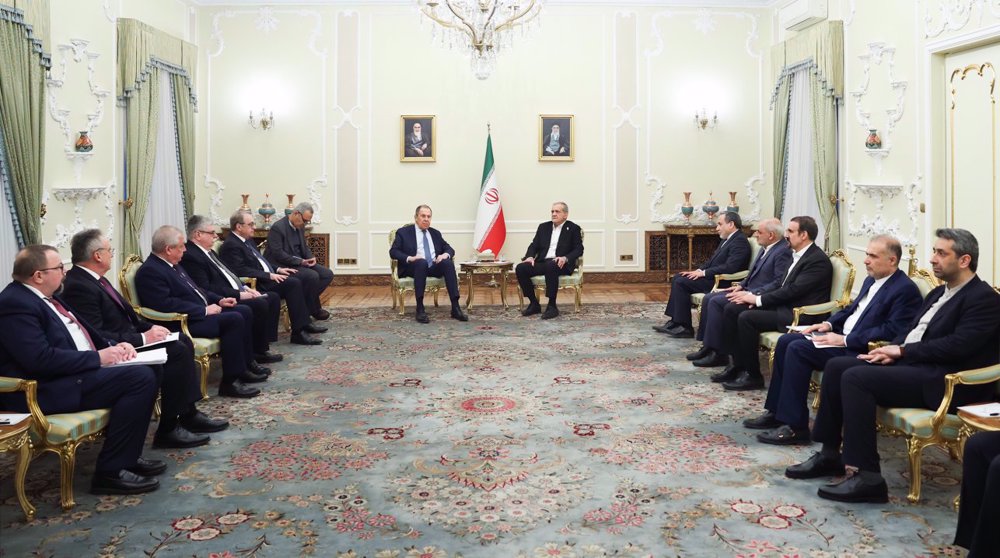
Iran’s president vows to accelerate cooperation with Russia
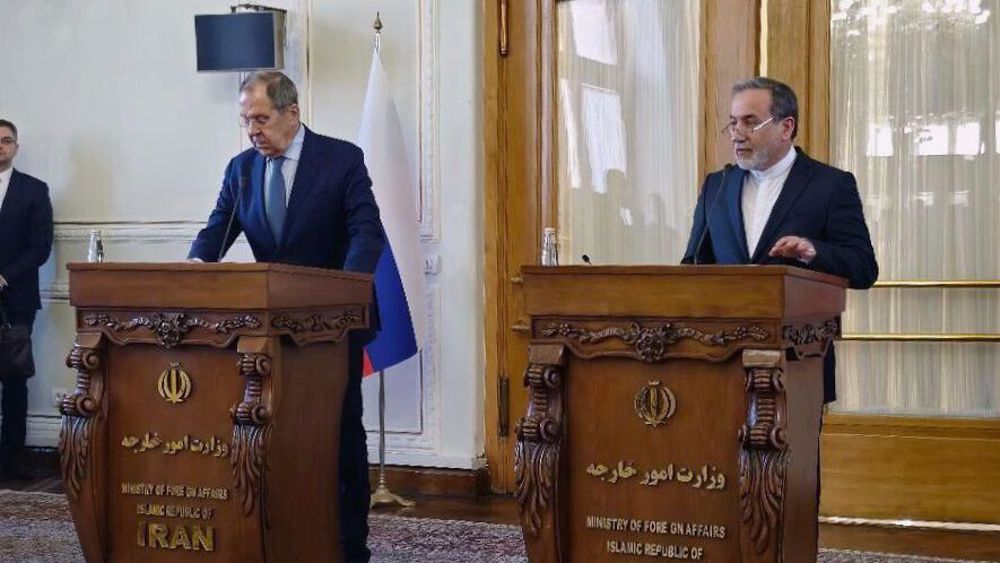
Iran rules out nuclear talks with US amid ‘maximum pressure’ campaign
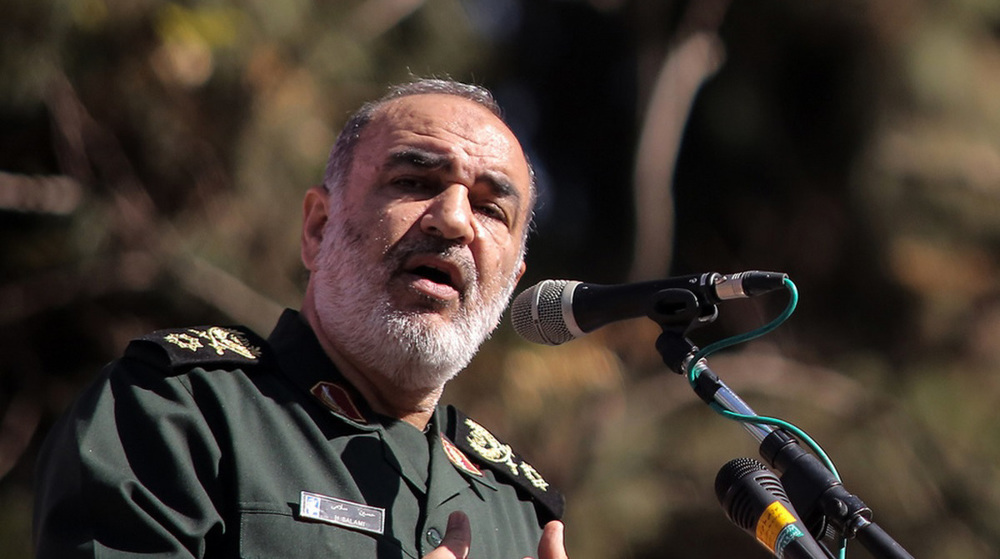
Flying warplanes over Beirut funeral exposed enemy’s fear of power, unity of nations: IRGC
Israel’s massacres won’t grant it ‘legitimacy’: Hamas on 31st anniversary of Ibrahimi Mosque tragedy
French leader decries ‘unprecedented diplomatic scandal’ after Israel bars European MPs
VIDEO | Washington’s failed projects
VIDEO | Islamabad exhibition exposes Israeli atrocities in Gaza
Trump rescinds arms sales regulation in favor of Israel, sources say
Iran’s president vows to accelerate cooperation with Russia
Palestinian says Israeli jailers poured acid on him during interrogation
Iran, Turkmenistan seek increased cargo transit via railways


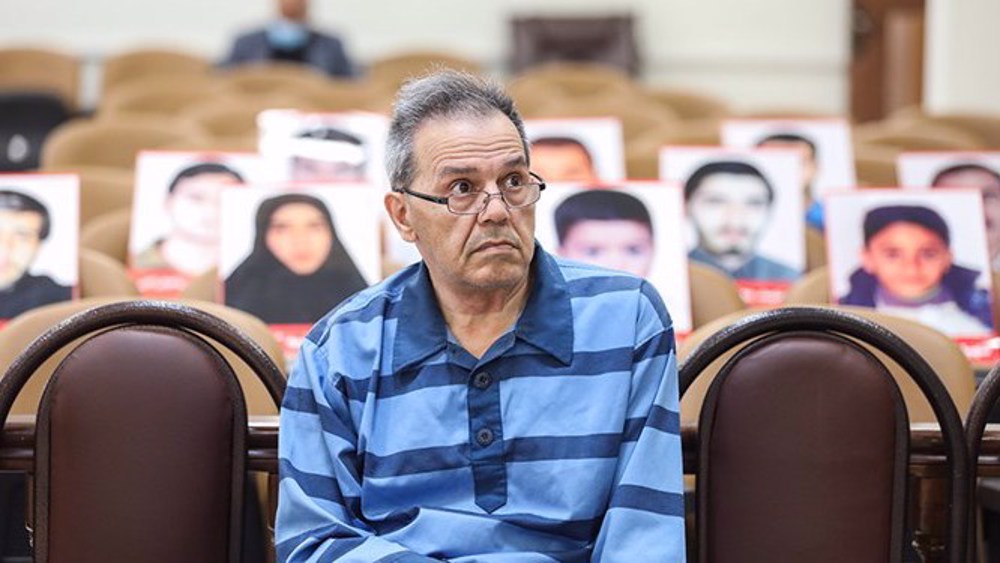
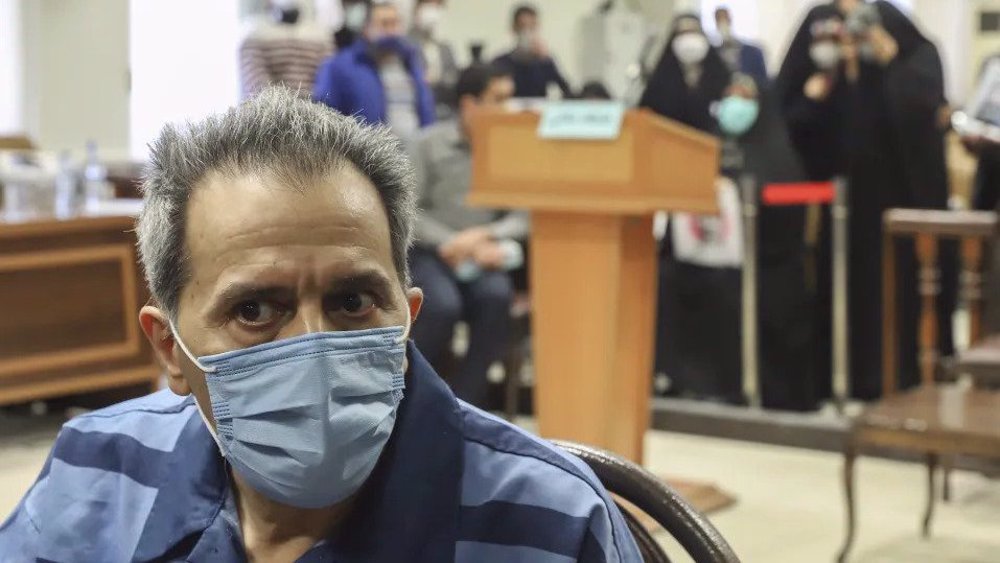
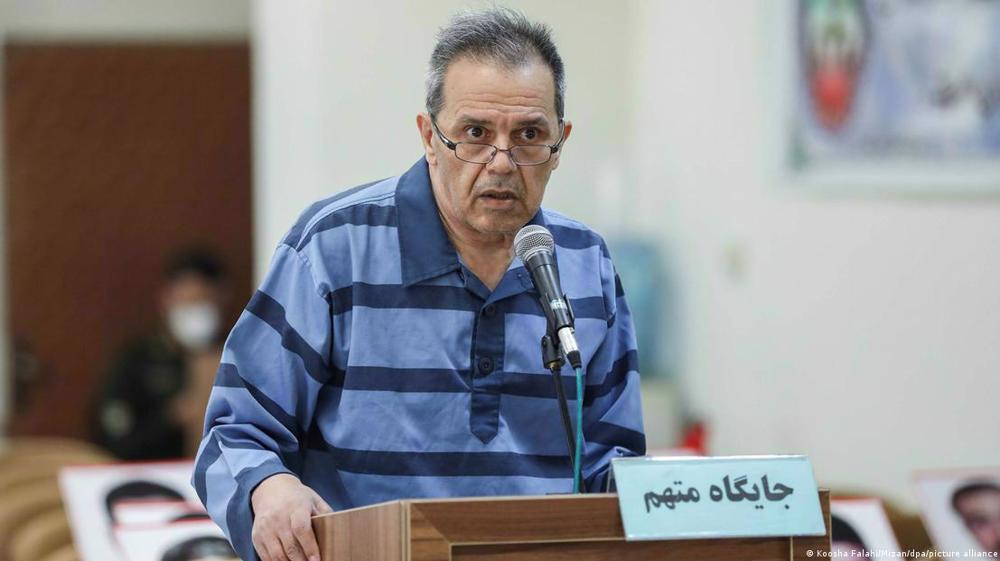




 This makes it easy to access the Press TV website
This makes it easy to access the Press TV website